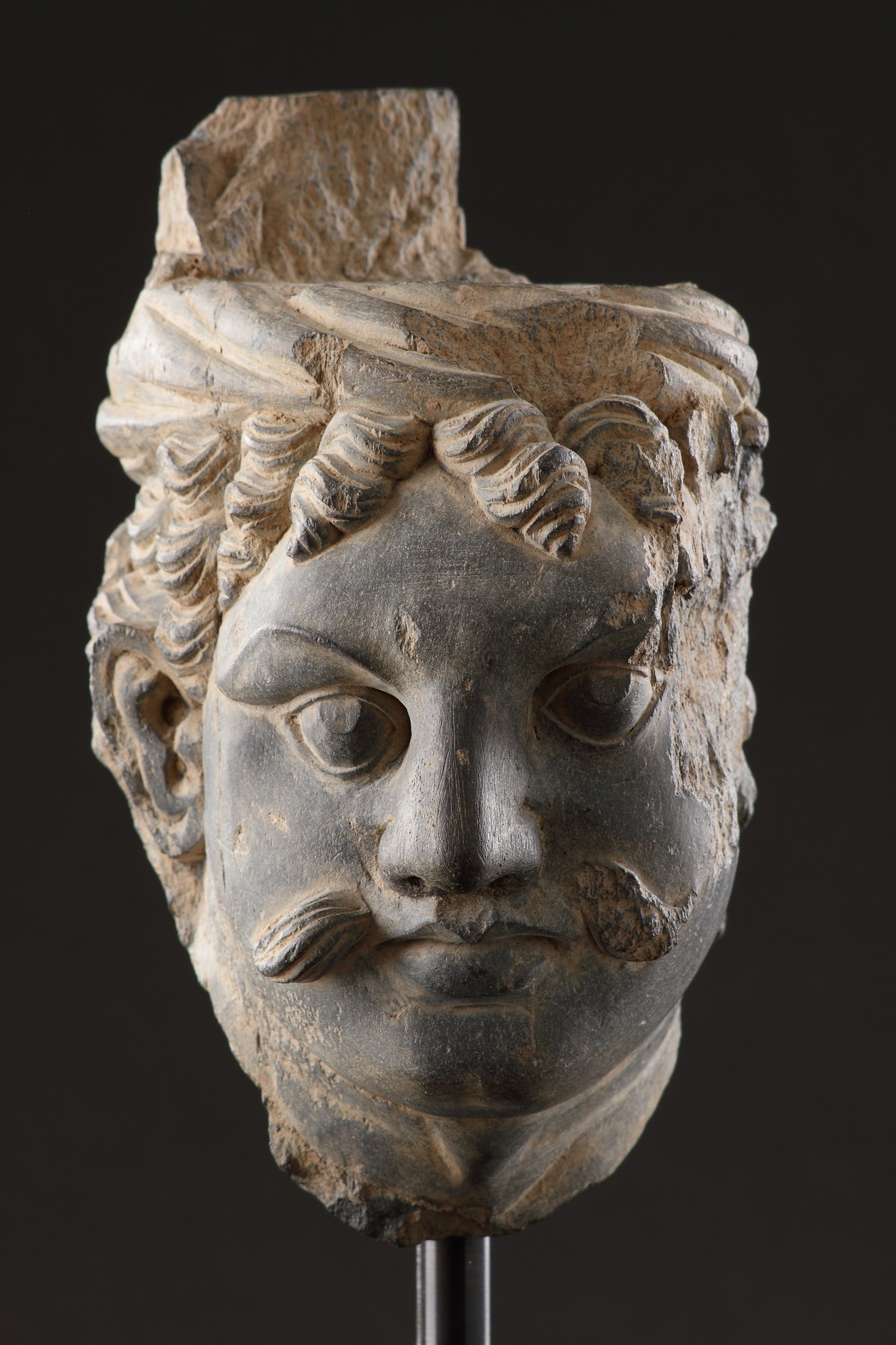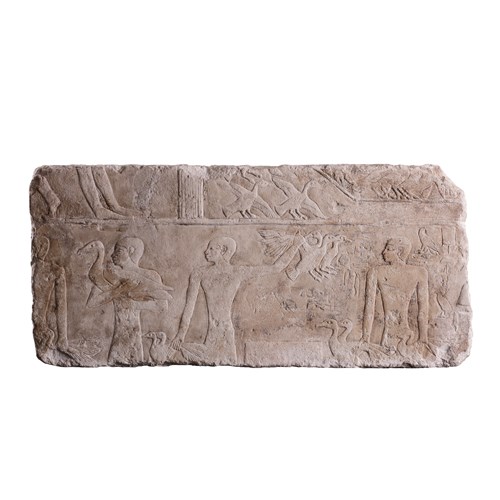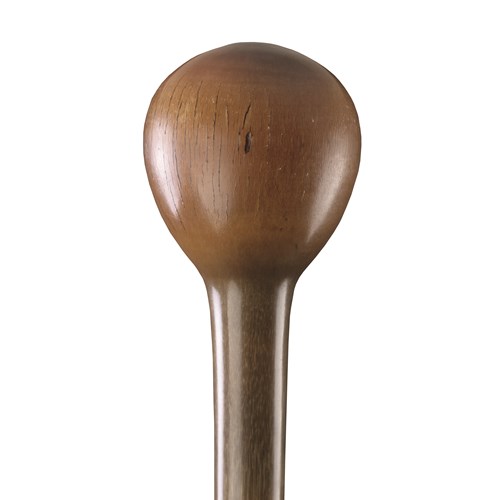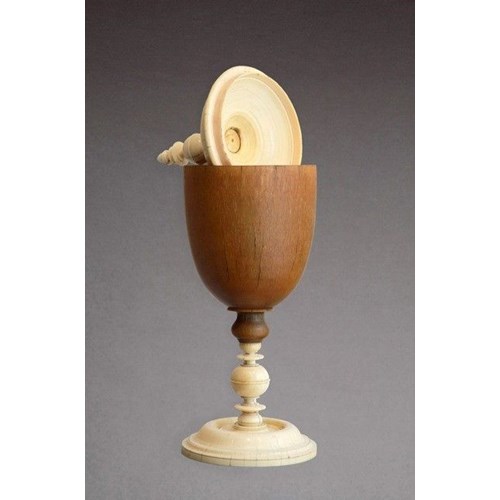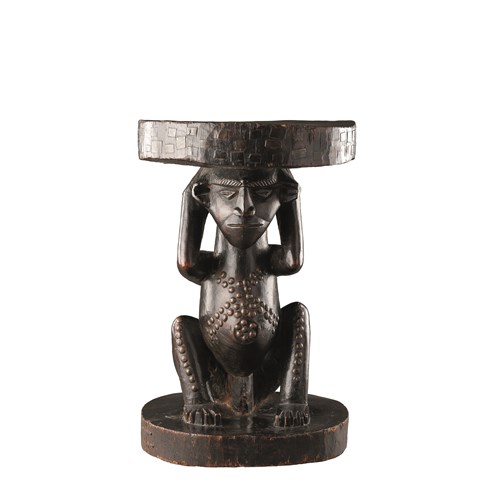A Finely Carved Gandhara Head of ‘Atlas’
Epoque 200-300, 300-500
Medium grey schist
Dimension 19 x 11 x 12.5 cm (7¹/₂ x 4³/₈ x 4⁷/₈ inches)
Grey schist
India
3rd - 4th Centuries AD
SIZE: 19cm high, 11cm wide, 12.5cm deep - 7½ ins high, 4¼ ins wide, 5 ins deep
Epoque: 200-300, 300-500
Medium: grey schist
Dimension: 19 x 11 x 12.5 cm (7¹/₂ x 4³/₈ x 4⁷/₈ inches)
Provenance: Ex Simon Ray Indian and Islamic Works of Art, London 2007
Ex Private collection
Literature: References
Pratapaditya, Pal; ‘Asian Art at the Norton Simon Museum’, Vol. l; Art from the Indian Subcontinent, 2003, pp.68 - 69, no. 35, where Pal illustrates and discusses a Gandharan ‘Winged Figure’ with similar eyes. According to Pal, 2003, p.68, Alfred Foucher was the first to suggest that the muscular figures are ‘yakshas’ in the guise of classical ‘Atlantes’, having borrowed the wings from Victory. (Alfred Foucher, ‘L’art greco-bouddhique du Gandhara’, 1905 - 1951, vol. 1, p. 208.
The finely carved dark grey polished head of a male complete with a refined moustache. Probably portrays ‘Atlantes’ who is often seen in Gandharan sculpture, and loosely based on the Greek god ‘Atlas.
Gazing directly forward, his face is modelled with a serene expression in a stylised ‘Helenistic’ style. His hair is grouped into large curls that cover part of his forehead as well as flowing above and behind his ears. Remains of his turban can still be seen with its individual twisting bands of cloth. His protruding eyes are unusually large, sheltered beneath a heavy lidded brow. The strength and ‘trance-like’ quality of his eyes engage the viewer instantly, the emotive intensity drawn closer through the detailing of the pupils.
According to Pratapaditya Pal, though ‘Atlantes’ figures are often loosely identified as ‘Atlas’, they should be distinguished from the individual in classical mythology who was ‘ordered to support the heavens’ on his shoulders.
Plus d'œuvres d'art de la Galerie


